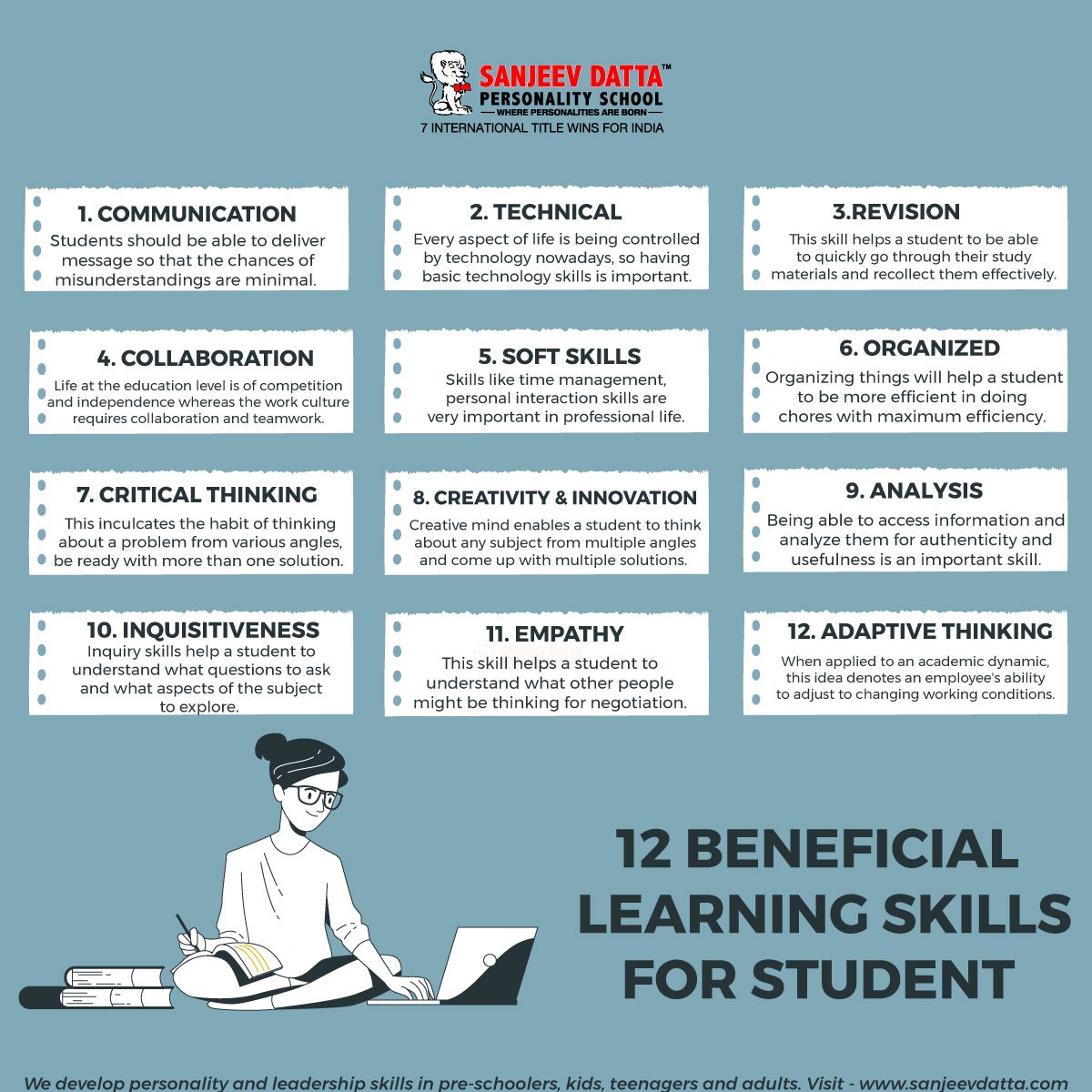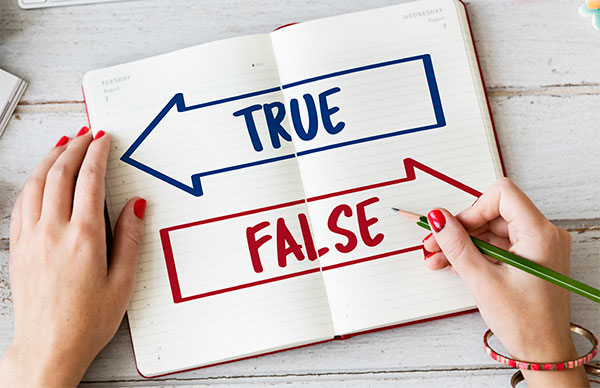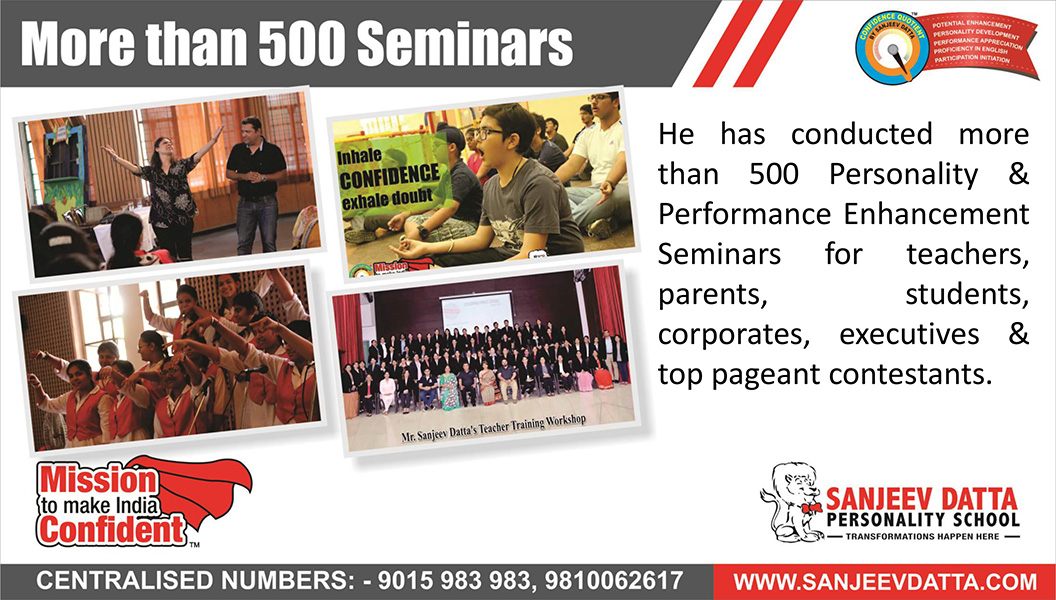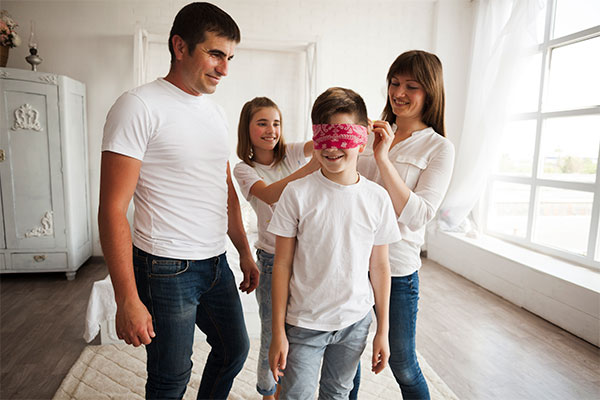Soft skills are traits that enable you to perform as an individual and in a group. These abilities are essential for job success! After all, if you can’t be on time, speak up for yourself, or get along with your peers, you’re going to struggle. Teaching students these abilities is the greatest method to provide relevant feedback. We identified ten soft skills activities for college students that do not teach them career preparedness skills!
Interesting and Fun Soft Skills Activities for College Students to Enjoy:
-
Listen and Recap Two Kids Conversing:
In today’s busy environment, practicing the fundamental art of listening might be challenging. This one-on-one communication activity will help students practice clearing their minds, focusing, and truly listening to their partners.
Pair up the students. Partner one selects a topic card from a prepared deck and speaks about it while partner two listens. The listener must focus solely on receiving their partner’s words, not on responding. A summary of the previous exchange follows. Their roles change.
Students will Learn Respect, Communication, and Listening
Visit: learning and development activities
- Human Marbling:
Cooperation requires patience and focus. This IRL marble run will help your children learn to collaborate while having fun! Give each team member a gutter or drainpipe. The team must roll a tennis or golf ball from one gutter to another. Make it fun by having the team get the ball and go through a maze or up and downstairs.
Students will Learn Patience, Bargaining, and Teamwork
- No-Hands Cup Stacking Challenge Kids at a Table Stacking Paper Cups with Thread:
This hands-on group task is a test of patience, perseverance, and fun! Decide how many pupils per group and attach that number to a rubber band. The group uses this device to pick up the cups (by drawing the rubber band apart and then bringing it back together over the cups) and stack them in a pyramid. Instructions here. Most of the personality development course modules include these activities in their courses.
Students will Learn Critical Thinking, Problem solving, Teamwork, and Patience
- Bag Skits:
Fill a couple of paper bags with random classroom or home objects. Assign each group a bag without showing them what’s inside. Give them two minutes to look through their luggage and create a skit for the remainder of the class.
You never know what life will bring you. There’s a lesson here for everyone. Sometimes you are given a situation and have to decide quickly what to do. This entertaining activity will help teens think quickly.
Students will Learn Decision-making, Creativity, and Teamwork Exercise
- Team Survival:
What if your class went on a leisure cruise and got lost at sea? Who would lead? What materials are required for survival? If you’ve ever watched an episode of Lost, you know that group decisions may quickly become ugly. With a limited list of items and a short amount of time, pupils will have various ideas about what materials to include.
Students will Learn Critical Thinking, Negotiation, Communication, and Teamwork
- Time Management:
We all have days when our to-do list is endless and our time is scarce. When time is limited and your schedule is full, prioritize chores and work efficiently! This activity allows students to practice by giving them a long list of activities to perform in a limited period.
Make a chart of chores and assign a point value to each. As in Form a line from one end of the room to the other (5 points, 10 bonus points if anyone joins you); etc. List chores that will take more than 10 minutes.
Give your students 10 minutes to gather as many points as possible by picking which assignments to do. This game requires a debriefing session. Encourage your pupils to consider how they made decisions, how group dynamics affected decisions, and how they valued tasks.
Students will Learn Communication, Critical Thinking, and Time Management
- Career Game:
This interactive game will teach kids about career clusters. Act it out, True or False, Sketch it, and more. Ideal for small groups working on social and executive skills.
Students will Learn Teamwork, Cooperation, and Reflection
- Blindfold:
Arrange a large place (maybe the cafeteria after lunch or the gym during a break), enough blindfolds for half the players, and furniture or other objects to use as barriers (cardboard boxes, pillows, chairs, tables). Before the activity, arrange furniture and things in the room. Your course should be difficult but safe.
Arrange pupils in a line at one end of the room. Each set should blindfold one person. The sighted person must lead their blind companion across the room, giving them clear oral instructions (without touching them). If a team gets to the other half of the room, partners can trade roles and repeat. Let only a few pairs go at a time so the others may watch. Between rounds, reflect on what went well, what didn’t, and how to make the challenge easier.
Take this one outside. Make the sighted individual stand back. The blinded individual must hear their voice. Also, use unique blindfolds to avoid reusing.
Students will Learn Communication, Listening skills, Respect, and Adaptability
Visit: mindfulness activities for college students
- Human Knot:
This one is the most interesting soft skills activities for college students. Players form a circle and reach out to shake hands with each other, creating a “human knot”. The players must then disentangle their bodies without releasing their grips. As students observe their communication and teamwork abilities, a lively debriefing session ensues.
Students will Learn Teamwork, Communication, and Problem-solving
- Four-Card Dealing:
To get ahead in life, you need to know how to negotiate. This is the lesson’s exclusive focus. The goal is for teams to trade and barter for card pieces to complete their decks of four.
Begin with a deck of cards (four cards per team of four or five students). Cut each card diagonally into four pieces and mix. Divide the pieces evenly across the teams. Allow teams a few minutes to sort their cards and see what they have and what they need. Set a 10-minute timer. The purpose of the game is for students to negotiate with other teams to collect as many complete cards as possible. The team with the most cards wins after ten minutes.
Students will Learn Interpersonal skills, negotiation, and Communication
Visit: how to improve voice and accent
Conclusion:
Games and activities are the best ways to teach and learn soft skills. Many other soft skills activities for college students can be planned. We hope that this post will benefit you to strengthen your skills in a fun way.
Being the best personality development mentor, our classes focus on:
- Development in participation and performance level.
- Kids become super confident, expressive and interactive.
- Enhancement in imagination, observation, concentration, focus, and facial expressions.
- Boost in positive body language and rhythm.
- Regular skills competition exposure.
- Improved voice & speech, communication skills, English dialect, pitch and throw.
For more details, contact us now!













